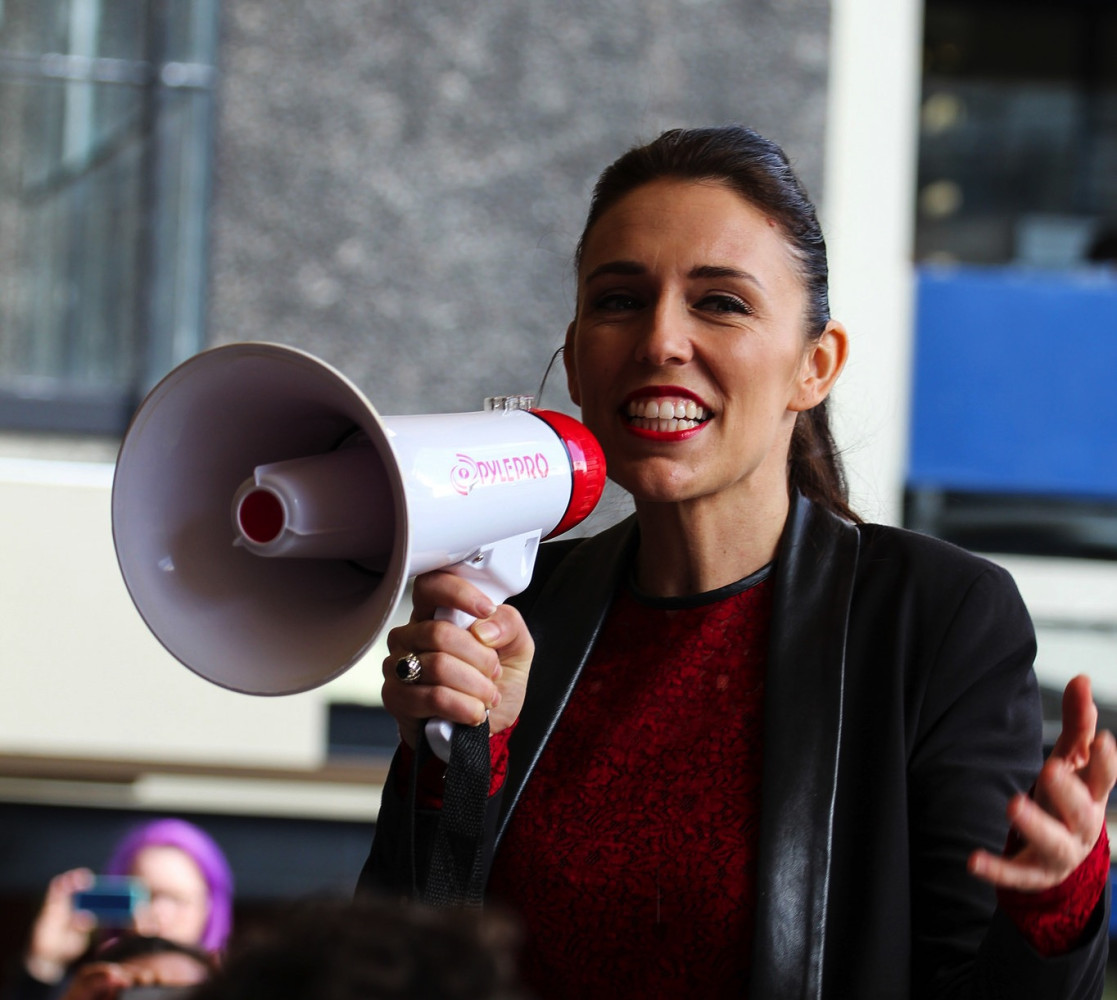It’s about more than a referendum


Prime Minister Jacinda Ardern on the election campaign trail - Prime Minister Jacinda Ardern
The new Labour-led coalition government is well placed to accelerate the shift to a health-focused way of dealing with drugs in New Zealand.
During the state opening of Parliament on 8 November 2017 Governor General Dame Patsy Reddy stressed that drug addiction will be treated as a health issue under the new government. This is a welcome message, particularly as it suggest a priority to remedy the failings of New Zealand’s 40 year old Misuse of Drugs Act.
This need for urgent change was starkly illustrated in the lead-up to the election, when a flood of unknown synthetic psychoactive drugs hit Auckland’s streets. At least 20 deaths and hundreds of hospitalisations were linked to these drugs, but the response was slow and underwhelming.
After the initial Coroner’s warning, Chief Coroner Judge Deborah Marshall urged people to avoid the new psychoactive drugs. However, details about what drugs were the likely cause were only reluctantly shared.
If we contrast this response with what happened following the outbreak of water-borne illnesses in the Hawkes Bay just months earlier, there has been an absence of resolute action from a public health standpoint.
There are high hopes the new government will respond with more urgency to such matters. Beyond the promise of a referendum on the legal status of cannabis, so far we can only tease out what Labour means when it says drug use is a health issue rather than a criminal one.
It was the fifth Labour government that invited the Law Commission to review the Misuse of Drugs Act in 2007. Since the recommendations were released in 2011, Labour have referred to the report as a touchstone for their policy. During the lead-up to the election, both Prime Minister Jacinda Ardern and Health Minister David Clark relied heavily on the Commission’s recommendations when asked about law reform.
The new government has already made some concrete commitments. It is very welcome news that funding for mental health, including for addictions treatment, will be increased. This is something the Green Party negotiated as part of its coalition deal with Labour. The ‘first 100 days’ list of government priorities also includes a commitment to improve access to medical cannabis for anyone suffering from chronic pain, or who is terminally ill. Groundwork is already in place for this, with two bills ready for consideration by Parliament.
There are some other areas where urgent action is required to ensure that all agencies switch to implementing the health-based values expressed in New Zealand’s National Drug Policy. This can begin straight away, with a few immediate steps:
- Direct Housing New Zealand to stop testing houses for traces of methamphetamine residue (unless the house was used to manufacture methamphetamine), and stop evicting tenants for methamphetamine use. For any tenants with a drug issue, wrap around social/health services should be made available.
- Stop drug testing beneficiaries and remove any sanctions imposed for drug use.
- Remove legal barriers that are preventing event organisers from offering drug safety testing at festivals.
Before or as part of the lead-up to the referendum on cannabis, it’s vital we address the law changes recommended by the Law Commission, as set out in our model drug law, Whakawātea te Huarahi. Moving in this direction hinges on decriminalising the possession, use and social supply of drugs. Rather than getting a criminal conviction, people who come to the attention of the Police for drug use would receive a health referral. The aim is to offer treatment as early as possible for those who need it.
A focus on public health needs to be at the heart of the cannabis legalisation referendum too. The Drug Foundation supports legalisation as the best way to restrict access, promote low-risk use and remove the injustices associated with convicting people for cannabis use. The perspectives of Māori, who have been disproportionately impacted by current drug law, need to be given priority. There is a lot of detail to be worked out, so it is reassuring to hear there will be extensive debate and public information on legalisation before the vote.
We can expect the Labour-led government to situate drug issues within a wider social context. This means we can talk candidly about the root causes of harmful use, including trauma, poverty, homelessness and dispossession. With such strong imperatives to make fundamental change, we’re hopeful that a healthy way of dealing with drugs will get the attention it deserves during this term.
Photo credit: Ulysse Bellier
Recent news

Beyond the bottle: Paddy, Guyon, and Lotta on life after alcohol
Well-known NZers share what it's like to live without alcohol in a culture that celebrates it at every turn

Funding boost and significant shift needed for health-based approach to drugs
A new paper sets out the Drug Foundation's vision for a health-based approach to drug harm

Expert Pharmac committee recommends funding for overdose reversal nasal spray
The expert committee has said funding for naloxone in the community should be a high priority

